The Future of Work: Remote vs. Office-based
The way we work has undergone a significant transformation over the past few years. The pandemic has accelerated this shift, and remote work has become the new normal for many people around the world. The question that arises now is whether remote work will continue to be the preferred way of working in the future, or will we go back to the office-based model. In this blog, we will discuss the future of work and the pros and cons of remote vs. office-based work.
Remote Work

Remote work has been gaining popularity in recent years, and the pandemic has only accelerated this trend. Many companies have embraced remote work as a way to keep their employees safe while continuing their operations. Remote work has many benefits, including:
Flexibility – Remote work allows employees to work from anywhere, which means they can work from home or a coffee shop, saving them commuting time and expenses.
Productivity – Remote workers can often be more productive than office-based workers because they have fewer distractions and interruptions.
Cost Savings – Companies can save on office rent and maintenance costs by allowing employees to work remotely. Employees also save on commuting costs, which can be significant.
Work-life balance – Remote work allows employees to better manage their work-life balance, as they have more control over their work schedule and can take breaks when needed.
However, remote work also has its drawbacks. Some of these include:
Isolation – Remote workers can often feel isolated and disconnected from their colleagues, which can lead to feelings of loneliness and depression.
Communication – Remote work can sometimes make communication difficult, as employees may not have access to the same tools and technology as their office-based colleagues.
Collaboration – Collaboration can be more challenging when working remotely, as employees may not have the same level of interaction and teamwork as they would in an office-based setting.
Office-based Work
Office-based work has been the traditional way of working for many years. While the pandemic has forced many companies to switch to remote work, many businesses are planning to return to the office once it is safe to do so. Office-based work has many benefits, including:
Face-to-face interaction – Office-based work allows for face-to-face interaction, which can help build stronger relationships between colleagues and improve teamwork.
Collaboration – Collaboration is often easier in an office-based setting, as employees can work together more easily and bounce ideas off each other.
Communication – Communication is often easier in an office-based setting, as employees can talk to each other in person and have access to the same tools and technology.
However, office-based work also has its drawbacks. Some of these include:
Commuting – Commuting to work can be time-consuming and expensive, and it can add to an employee’s stress levels.
Distractions – Office-based work can be distracting, as employees may be interrupted by their colleagues or by noise in the office.
Rigid work schedule – Office-based work often requires employees to adhere to a rigid work schedule, which can make it difficult to manage work-life balance.
The Future of Work

The future of work is likely to be a hybrid model, with some employees working remotely and others working in the office. This approach allows for the best of both worlds, as it allows employees to work from home when they need to but also allows for face-to-face interaction when necessary.
The hybrid model will require companies to invest in technology that supports remote work, such as video conferencing tools and cloud-based software. It will also require companies to rethink their approach to management, as they will need to find ways to keep remote workers engaged and productive.
The shift towards remote work has also highlighted the need for companies to focus on employee well-being. Companies will need to provide support for remote workers to ensure they feel connected and engaged, and they will need to promote work-life balance to avoid burnout.

In conclusion, the future of work will likely be a hybrid model that combines the benefits of both remote and office-based work. Remote work has many advantages, including flexibility, productivity, cost savings, and work-life balance. However, it also has its drawbacks, including isolation, communication difficulties, and collaboration challenges. Office-based work offers face-to-face interaction, collaboration, and easier communication but can be distracting, have a rigid work schedule, and add to commuting stress.
The pandemic has accelerated the shift towards remote work, and companies that embrace the hybrid model will be better positioned for success in the future. It will require companies to invest in technology that supports remote work, rethink management approaches, and promote employee well-being. The key will be finding the right balance between remote and office-based work that works for each individual company and its employees. The future of work is not about choosing one over the other; it is about finding a solution that works for everyone.
Writer
Naza Rahida Siddiqe Priya
Intern, Content Writing Department
Requin BD





3 Comments
Joy Prokash Paul
April 29, 2023
excellent content
Suriya Yeasmin
April 29, 2023
wonderful writing about this topic.
Shajuti Kundu
April 30, 2023
outstanding content